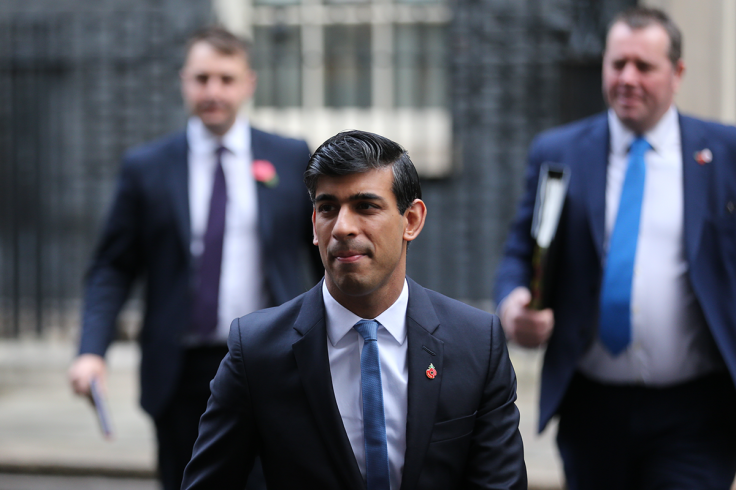Professors call the High Potential Individual Visa route 'unfair'
One year after Prime Minister Rishi Sunak launched the new High Potential Individual Visa in 2022, professors from universities in Europe and Africa call the route "unfair".

In May 2022, Prime Minister Rishi Sunak introduced the new High Potential Individual Visa. The High Potential Individual (HPI) Visa gives a person permission to stay in the UK for at least two years. The HPI Visa is aimed at academically elite individuals and global entrepreneurs.
To apply for the HPI Visa, a person must have been awarded a qualification by an eligible university. These universities are world-renowned in the education sector and require a specific educational background among their welcome students.
The list of eligible universities includes Harvard University, Stanford University, Kyoto University, University of Hong Kong, and the University of Melbourne.
The list of universities is also split across countries like the USA, Australia, Hong Kong, China, Canada, Singapore, Japan, Switzerland, Sweden, Germany and France.
The HPI Visa applicant must also have been awarded a qualification at the same level as a UK bachelor's degree, a UK postgraduate degree, a UK PhD or a doctorate. The government have also made it apparent that only applicants that have been awarded these qualifications in the last five years will be eligible for an HPI Visa.
The conditions of an HPI Visa application also note that applicants must show their knowledge of English, as well as prove their personal savings that will assist with their maintenance support in the UK.
Speaking of the HPI Visa with pride in an interview with 20VC, Prime Minister Rishi Sunak said: "I created something that I am particularly proud of, called the High Potential Individual Visa. That basically says that if you graduate from a top 50 global University, you can speak English, and you've got an amount to support yourself – just come to the UK!"
The financial requirement, which must be met by HPI Visa applicants, is that the person must show funds of at least £1,270 at the submission date – these funds must have been held for a 28-day period.
Graduates from these 37 top-ranked universities will be able to apply to come to the UK under a new "high potential individual" visa scheme. None from Africa, Latin America or South Asia. That’s a big problem.
— Phil Baty (@Phil_Baty) May 30, 2022
World's top graduates get new UK visa option https://t.co/vkqWt2jTe0 pic.twitter.com/0GVSucZW2G
Over a year after the HPI Visa launch, Yash Dubal, a Senior Immigration Associate, recognised that 24 of the universities on the list, "are based in the US, Canada or Australia, with many of the rest being based in Europe."
Yash Dubal, who is also the Director of A Y & J Solicitors, also acknowledged: "The huge pool of highly-skilled and well-qualified potential migrants in India, Africa, South America and the Middle East who haven't been able to study at the likes of Stanford, Harvard or Princeton will be overlooked as a result."
Despite urging migrants, who are fleeing from war-torn areas and regions facing humanitarian and environmental crises, to seek refuge in other countries, Prime Minister addressed the High Potential Individuals with: "You don't need to have a job, you can come here for a couple of years, figure out what you want to do and then we will put you on a proper visa."
Prime Minister Rishi Sunak added: "We just think that you are a talented person who can add to our country, and we want to have a massive 'open for business' sign."
A person can also only apply for an HPI Visa once. If successful, the families and relations of the applicant are also able to move to the UK.
Professors in Africa have also argued against the HPI Visa, noting that with equal funding and resources, their students would also be successful and resilient.
Professor Olusola Oyewole, the Secretary General of the Association of African Universities said: "I believe Britain is unfair to African graduates, using the ranking of universities as a criterion for engagements."
Cristina Messa, the Universities and Research Minister, also recognised the ill-treatment of less privileged students in Italy. She said: "I'm disappointed that graduates of Italian universities were left out of the HPI route... They're losing a big slice of good graduates, who would provide as many high skills - it's their loss."
© Copyright IBTimes 2025. All rights reserved.






















